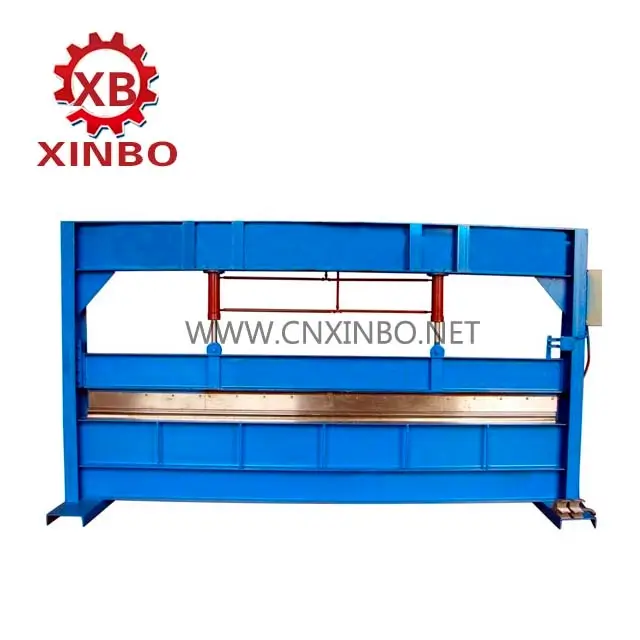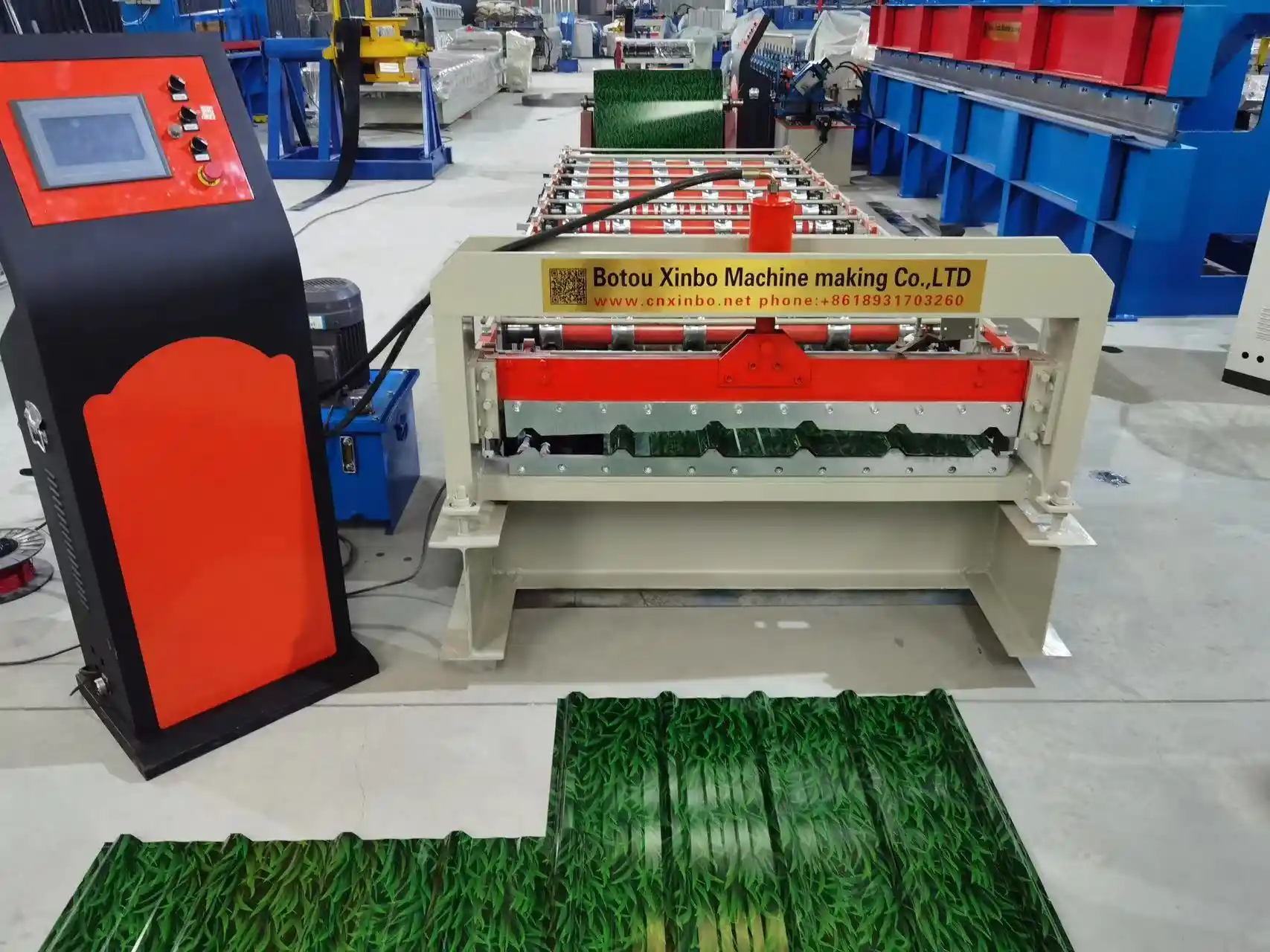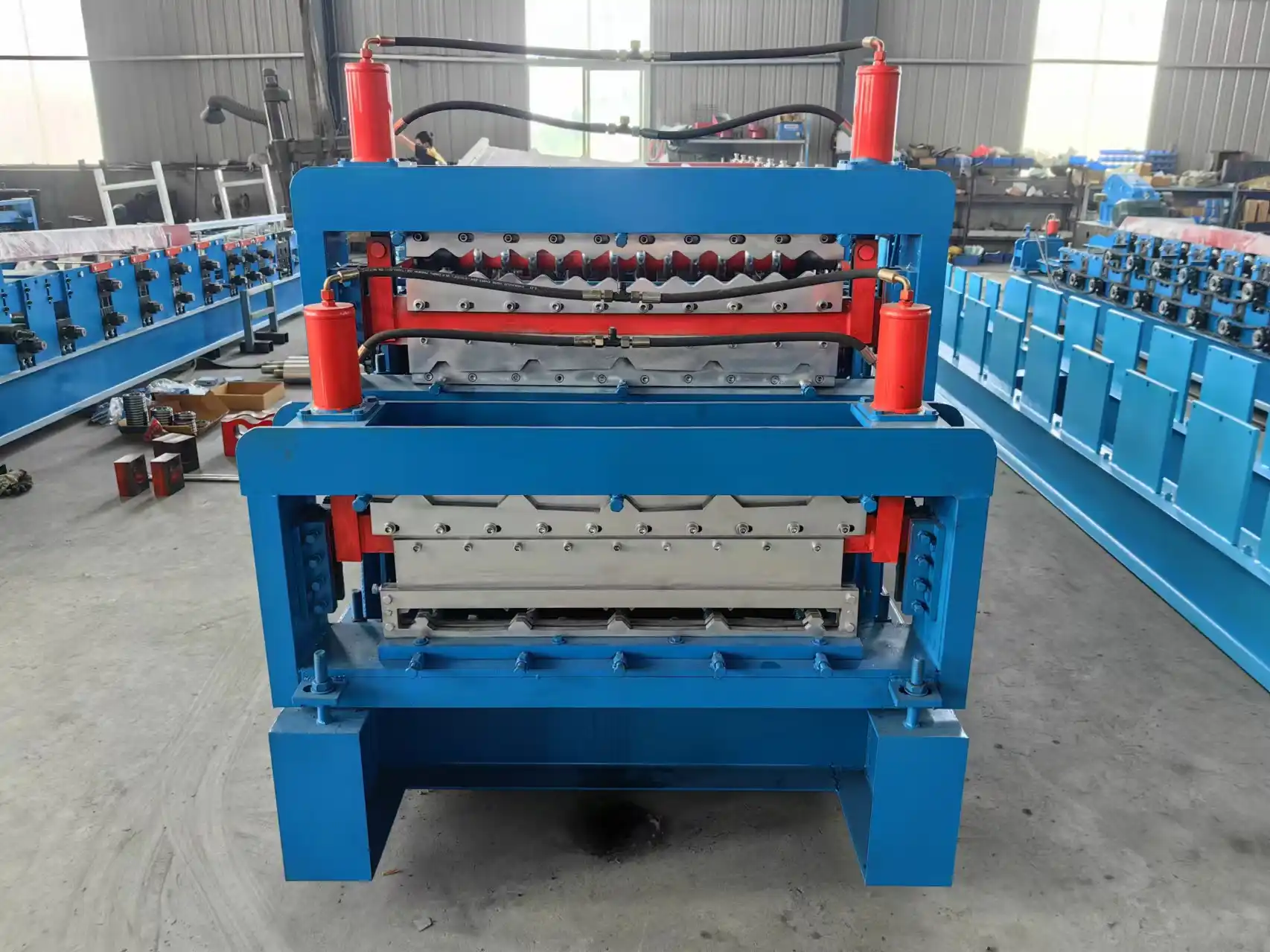How to Select the Right Metal for Sheet Metal Forming Applications
Understanding Sheet Metal Forming
Definition and Importance
Sheet metal forming is a crucial manufacturing technique that involves the shaping and manipulation of metal sheets to achieve specific forms and profiles. This method is vital across various industries due to its ability to produce lightweight, durable, and intricate structures. The significance of sheet metal forming is found in its adaptability and efficiency, making it possible to generate high-quality components for a wide range of applications, including those in the automotive and aerospace sectors.
Common Applications
The applications of sheet metal forming are vast and varied. In the automotive industry, it is used to create body panels, chassis, and other components crucial for vehicle structure and integrity. In the aerospace industry, sheet metal forming is vital for crafting fuselage and wing parts essential for flight safety and performance. Additionally, this process is significant in the construction industry for making roofing and structural elements as well as in the production of domestic appliances and electronics enclosures.
Overview of Techniques
Several techniques are utilized in sheet metal forming, each offering distinct advantages. Common methods include bending, where metal sheets are deformed along one axis; drawing, which involves pulling the metal into a die to shape it; and stamping, where a die is pressed onto the metal to cut or shape it. Other techniques include stretching, roll forming, and spinning, each tailored to achieve specific shapes and structures. Understanding the correct technique for the desired outcome is crucial for ensuring precision and efficiency.
Key Factors in Selecting Metals for Sheet Metal Forming
Material Properties
Tensile Strength
Tensile strength is a critical material property to consider when selecting metals for sheet metal forming. Metals with high tensile strength can withstand considerable force without breaking or deforming, making them ideal for structural applications where durability is paramount. High tensile strength ensures that the formed metal can retain its shape under stress, making it essential for automotive and aerospace components.
Ductility
Ductility is a metal’s capacity to experience substantial plastic deformation prior to breaking. Metals that exhibit high ductility can be drawn into thin wires or crafted into complex shapes without fracturing. This characteristic is crucial in sheet metal forming, as it permits the production of intricate shapes and designs while preserving the metal’s structural soundness. High ductility is especially significant in applications that demand detailed geometries and precise features.
Corrosion Resistance
Corrosion resistance is another important factor in selecting metals for sheet metal forming. Metals exposed to the elements or harsh environments need to resist degradation over time. Choosing materials with high corrosion resistance, such as certain stainless steels and aluminum alloys, ensures longevity and reliability of the formed parts. This is crucial for outdoor applications and industries where the metal will be exposed to corrosive substances.
Cost Efficiency
Material Costs
Material costs play a significant role in the selection process for sheet metal forming. While high-quality materials may offer superior properties, they can also come at a premium price. Balancing the need for specific material properties with budget constraints is essential. Considering both immediate costs and long-term savings, such as reduced maintenance due to better material performance, is key to making an informed choice.
Manufacturing Costs
Manufacturing costs include the expenses related to the actual forming process, including labor, machinery, and ancillary materials. Efficiently managing these costs while ensuring high-quality output is crucial. Metals that are easier to work with can reduce manufacturing time and labor costs, making the overall production process more economical. Choosing metals that optimize manufacturing efficiency can significantly impact the profitability of the project.
Availability and Supply Chain Considerations
Ensuring the uninterrupted production of metals relies heavily on their availability and the reliability of their supply chains. Metals that are easily accessible and come from stable supply chains can help avoid expensive delays and halts in production. Therefore, it is vital to choose metals that fulfill the technical requirements while also being consistently available in the necessary quantities within acceptable timeframes.
Common Metals Used in Sheet Metal Forming
Aluminum
Characteristics
Aluminum is a lightweight, corrosion-resistant metal known for its excellent strength-to-weight ratio. It is highly ductile, making it suitable for forming intricate shapes. Aluminum’s natural corrosion resistance enhances its longevity in various environments.
Advantages and Disadvantages
The advantages of aluminum in sheet metal forming include its light weight, which is advantageous for applications like aerospace and automotive industries. Its good corrosion resistance reduces the need for protective coatings. However, aluminum’s relative softness compared to steel can be a disadvantage, as it may not be suitable for applications requiring high wear resistance.
Steel (including Stainless Steel)
Characteristics
Steel, including stainless steel, is known for its high strength and durability. It possesses excellent tensile strength and is available in a wide range of alloys to suit different applications. Stainless steel also offers superior corrosion resistance.
Advantages and Disadvantages
The primary advantage of steel is its robustness and capacity to maintain structural integrity when subjected to stress. Stainless steel further offers the benefit of corrosion resistance, making it well-suited for harsh environments. However, a drawback is that steel is heavier than aluminum, which might not be ideal in applications where minimizing weight is crucial.
Copper and Its Alloys
Characteristics
Copper and its alloys, such as brass and bronze, are known for their excellent electrical conductivity, corrosion resistance, and attractive appearance. They are also relatively easy to form, making them suitable for decorative and functional applications.
Advantages and Disadvantages
Copper’s superior conductivity makes it ideal for electrical applications, while its aesthetic appeal is beneficial for decorative purposes. However, copper and its alloys are generally more expensive than steel and aluminum, which can increase material costs. Additionally, they may not offer the same level of strength as steel.
Specialty Metals in Sheet Metal Forming
Titanium
Characteristics
Titanium is a high-strength, low-density metal known for its exceptional corrosion resistance and biocompatibility. Its high strength-to-weight ratio makes it ideal for critical applications where durability and weight savings are essential.
Applications
Titanium finds extensive applications in aerospace for manufacturing aircraft components and is also prevalent in the medical sector for creating implants and devices. Its resilience in extreme conditions further makes it an excellent choice for chemical processing and marine-related uses.
Nickel Alloys
Characteristics
Nickel alloys are known for their high-temperature strength, excellent corrosion resistance, and durability. These characteristics make them suitable for demanding applications exposed to extreme conditions.
Applications
Nickel alloys are commonly used in aerospace, power generation, and chemical processing industries. They are particularly useful in environments requiring high heat and corrosion resistance, such as turbine blades and chemical reactors.
Choosing the Right Metal for Specific Applications

Automotive Industry Requirements
The automotive industry demands materials that offer durability, strength, and a balance between weight and performance. Metals used in sheet metal forming for this sector must provide excellent tensile strength to ensure vehicle safety and longevity. Aluminum is often favored for its lightweight properties, improving fuel efficiency without compromising structural integrity. Steel, particularly high-strength low-alloy (HSLA) steel, is also extensively used due to its robustness and cost-effectiveness. In addition, metals must be easily formable into complex shapes, allowing the design and production of innovative automotive components.
Aerospace Industry Requirements
In the aerospace industry, materials are required to meet rigorous standards for both performance and safety. Metals must be lightweight to improve fuel efficiency and payload capacity, while also maintaining high strength to endure the stresses of flight. Aluminum and its alloys are frequently used because of their excellent strength-to-weight ratio and resistance to corrosion. Another critical material is titanium, which offers exceptional durability and resistance to extreme temperatures and environmental conditions. The high ductility and formability of these metals allow them to be precisely shaped into essential aerospace components, such as fuselage panels, wing sections, and fasteners.
Consumer Goods Industry Requirements
Consumer goods encompass a vast array of products that require metals offering aesthetics, corrosion resistance, and formability. In sheet metal forming for this sector, materials like aluminum, stainless steel, and copper are prevalent. Aluminum is popular for its lightweight nature and corrosion resistance, making it ideal for electronics, household appliances, and packaging. Stainless steel is chosen for its sleek appearance and resistance to tarnish, commonly used in kitchenware and home decor. Copper and its alloys are valued for their conductive properties and decorative finishes, often seen in high-end electronic gadgets and decorative items.
Industrial Equipment Requirements
The industrial equipment sector requires metals that can endure harsh operating conditions and resist wear and tear. Steel, particularly carbon steel and stainless steel, is a primary choice due to its high tensile strength, durability, and relative affordability. Carbon steel is favored for heavy machinery and structural components, whereas stainless steel is preferred for its superior corrosion resistance, essential in chemical processing and food production environments. Additionally, nickel alloys and titanium are selected for specialized equipment requiring high resistance to corrosion and extreme temperatures. The ability of these metals to be formed into precise and complex shapes ensures they meet the rigorous demands of industrial applications.
Introducing Xinbo: A Leader in Metal Processing Solutions
Company Background
Xinbo has established itself as a premier provider of metal processing solutions, renowned for its innovation and reliability in the industry. With decades of experience, Xinbo has consistently delivered high-quality products and services, catering to a diverse clientele across various sectors. The company’s commitment to excellence is reflected in its state-of-the-art facilities and skilled workforce, ensuring every project is executed to the highest standards.
Expertise in Sheet Metal Forming
Xinbo‘s expertise in sheet metal forming is unparalleled, providing solutions that encompass a wide range of techniques and applications. The company employs sophisticated methods such as CNC bending, laser cutting, and hydroforming to produce intricate and precise metal components. Xinbo’s capabilities extend to working with various metals, including aluminum, steel, copper, and specialty alloys like titanium and nickel. This flexibility allows them to customize their services to meet specific industry needs, ensuring the best balance between performance, durability, and cost-effectiveness.
Product Range and Services
Xinbo boasts a comprehensive product range and an extensive portfolio of services designed to meet the diverse needs of their clients. Their offerings include custom metal parts, assemblies, and full-service manufacturing support, spanning from initial design consultations to final production. The company provides value-added services such as material selection guidance, prototyping, and testing to ensure the finished products meet all performance and quality specifications. Leveraging cutting-edge technology and rigorous quality control measures, Xinbo consistently delivers products that exceed customer expectations, making them a trusted partner in the field of sheet metal forming.
Conclusion: Making an Informed Decision for Your Applications
Selecting the appropriate metal for sheet metal forming applications is crucial to achieving desired performance, durability, and cost-efficiency. Each industry has specific requirements that dictate the choice of materials, making it essential to understand the properties and advantages of various metals. Aluminum, steel, copper, titanium, and nickel alloys each offer unique benefits that cater to different application needs.
By leveraging the expertise of leading companies like Xinbo, businesses can ensure they make informed decisions about their material choices, optimizing their production processes, and enhancing the quality and performance of their products. Xinbo’s commitment to innovation and quality in sheet metal forming solutions positions them as a key player in the industry, capable of meeting the evolving demands of diverse sectors.
Related Posts

Good quality
XinBo machine making CO. LTD is a professional manufacturer and exporter in roll forming machine,
VIEW MORE→

 Spanish
Spanish Russia
Russia








